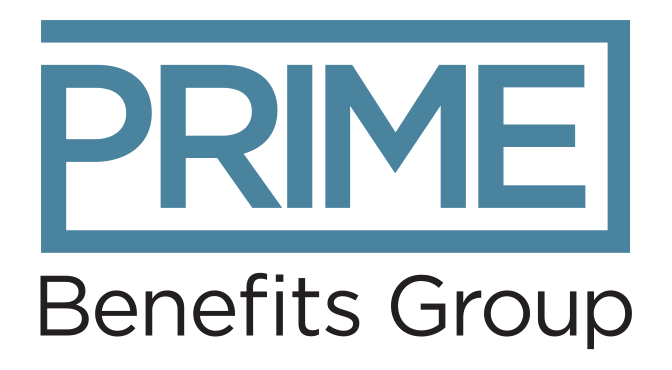- Have a question?
- 613-89-Prime (77463)
- 1-866-950-3667
- info@primebenefitsgroup.com
Beyond a Paycheque: The Power of Employee Recognition


Engaged employees
“Yeah … I’m gonna need you to come in on Saturday.”
No movie highlights the importance of employee engagement like Office Space.
While the 1999 cult comedy took that concept to the next level, with disgruntled employees stealing, distrusting, or even destroying their office, it does also demonstrate that perhaps a little recognition could have gone a long way.
Today’s employees are seeking more than just a steady job and a paycheque. Flexibility, fulfillment, and yes – recognition – are topping the ‘wish lists’ (if not ‘must-have’ lists) of candidates in the modern job market. Whether it’s for going the extra mile, exceeding a goal, coming in every day with a positive attitude, or showing dedication through a strong work ethic, employees want to be recognized for their contributions.
Why is Employee Recognition Important?
Employee recognition holds immense value in today’s workplace because it improves engagement and motivation at a time when talent is highly sought after. When employees feel appreciated for their work, they’re more likely to be invested in their projects and tasks, resulting in increased productivity and overall job satisfaction. Research shows over 80 per cent of employees work harder when their manager appreciates their work, and employees are 50 per cent more successful when leaders show gratitude.
Employees who feel valued are also more likely to remain loyal to their employers. A Gallup/Workhuman surveyshows companies that prioritize employee appreciation have workers who are 56 per cent less likely to look for a new job. Employee recognition can also bridge the gap when it comes to maintaining connection and morale in a post-pandemic hybrid or remote workplace. It also demonstrates empathy and is a sign of support for employees’ mental well-being.
Improving Employee Recognition
Traditional bonuses and promotions still have their place, but methods of recognition are evolving, and innovate approaches are key to creating a rewarding work environment.
Here are a few strategies for employers to consider when looking to improve employee recognition:
- Lead By Example: Recognition should be embedded in a company’s values and communicated from the top down, with managers consistently acknowledging employees’ efforts. Go beyond the ‘employee of the month’ strategy and make recognition a deeper and broader part of your company’s culture. Employees will be more likely to agree that the recognition you provide is authentic if it affirms their value and clarifies progress and performance. Be clear about where your employees stand, so they may understand how they’re performing and what they do best.
- It’s All About Timing: Recognizing an employee for 13 years on the job won’t matter if the employee receives ‘5 year’ and ‘10 year’ milestone certificates at the same time. Stay on top of employee milestones, and regularly communicate feedback to employees. Reward employees as and when their performance has added value or made an impact. Specific and timely recognition allows employees to understand what they’re contributing and motives them to continue to excel.
- Celebrate Personal Events: Consider looking beyond performance in the workplace and recognize important milestones in employees’ personal lives, such as birthdays, or even personal achievements. Corporate gifting is big business these days, and is projected to be a $242 billion industry, according to Coresight Research. A small, personalized gift can make employees feel acknowledged as a human being with interests and activities outside the workplace.
- Offer Professional Development Opportunities: Inviting employees to attend conferences, workshops, or training programs demonstrates a commitment to their growth and development, and enables them to enhance their skills and knowledge. The 2022 LinkedIn Global Talent Trends Report found that, according to employees, professional development is the number-one way to improve company culture. In fact, 86 per centof professionals would change jobs if a new employer offered them more professional development opportunities.
Getting Recognition Right
Meaningful recognition contributes to a positive company culture, where employees feel supported, respected and acknowledged. By embracing personalized approaches to recognition and investing in your team, you can create a positive work environment that motivates employees, and establish your organization as an employer of choice in a competitive landscape.
Suggested Reading
Employee Recognition Programs Can Keep Workers Around
Corporate Gifting: Is Being Frugal Costing You?
Additional Resources